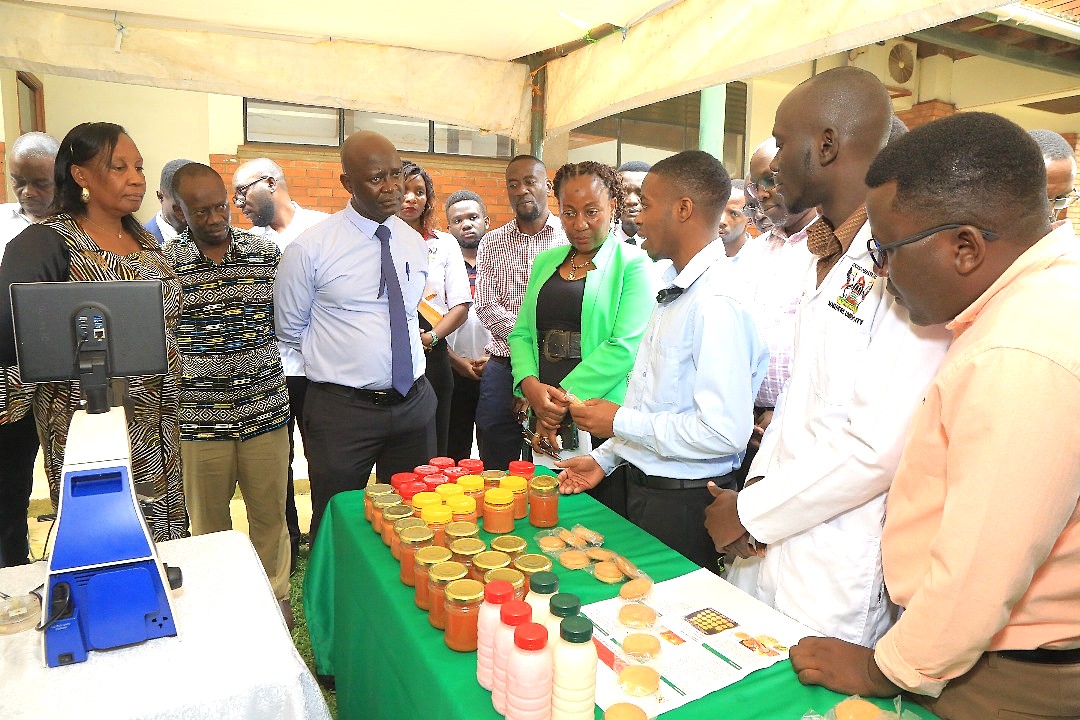
The Principal of the College of Agricultural and Environmental Sciences (CAES) at Makerere University, Prof. Gorettie Nabonoga has urged student innovators to safeguard their intellectual property rights. Speaking at the end-of-recess exhibition organized by the School of Food Technology, Nutrition, and Biosystems Engineering to showcase student-led innovations, she cautioned students about the risks of intellectual theft.

“It is essential to take proactive measures to protect your ideas,” Prof. Nabanoga emphasized. “If you have developed something original and useful, make sure to register your innovation. Intellectual property rights are essential for securing the recognition and rewards you deserve. Remember, plagiarism is not just an academic issue – it affects business and innovation.”
She commended the students for their creativity and responsiveness to local market needs.
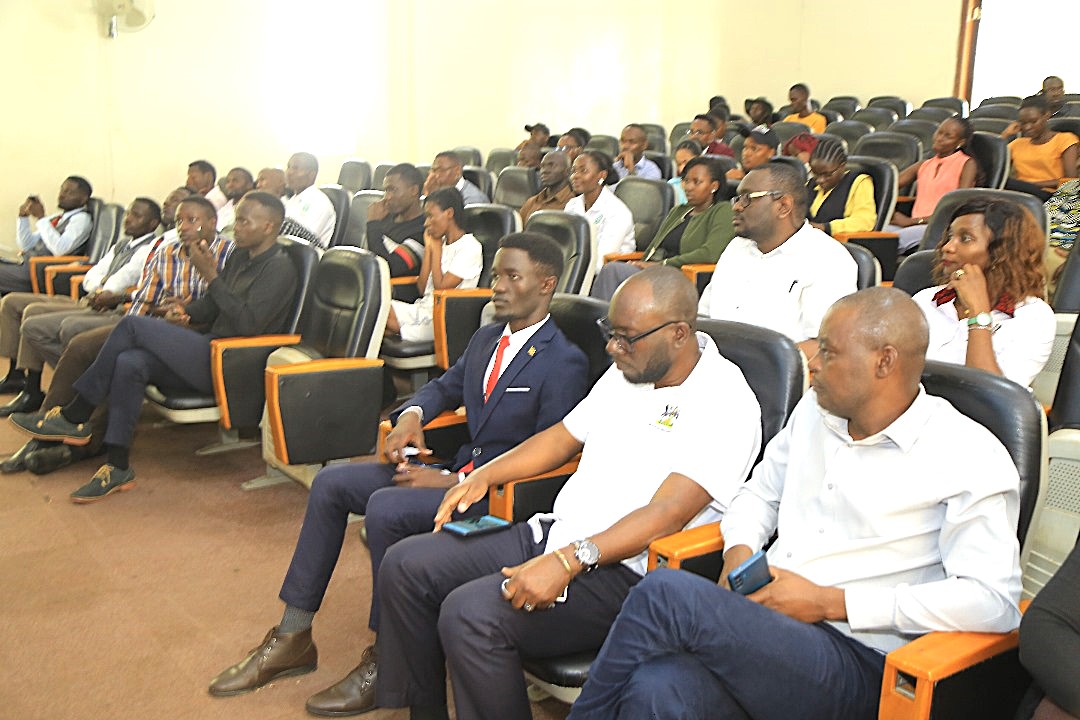
Held at the School premises on 24th July 2025, the exhibition, attended by students, staff and industry stakeholders, featured a wide array of student-created products, including solar-dried fruit snacks, low-cost grain sorters, biodegradable packaging from crop waste, and nutrient-rich baked goods targeting malnutrition. Students presented petri dishes from a microbial analysis of street-vended mangoes sold around Makerere University, revealing that the fruits may be unhygienic and potentially unsafe for consumption. They also demonstrated a low-cost water purification technology designed for cleaning and reusing wastewater from pilot or food processing plants. The system utilizes moringa seed powder, charcoal, sand, stones, and cotton wool to produce clean, clear water suitable for reuse, such as for cleaning. Additionally, the students showcased the use of activated charcoal and beeswax to extend the shelf life of fruits like bananas and passion fruit. These innovative, low-cost technologies have the potential to be further developed and adopted by farmers and traders to reduce postharvest losses. The innovations were developed during a 10-week recess programme that immerses students in hands-on fieldwork, research, and product development.
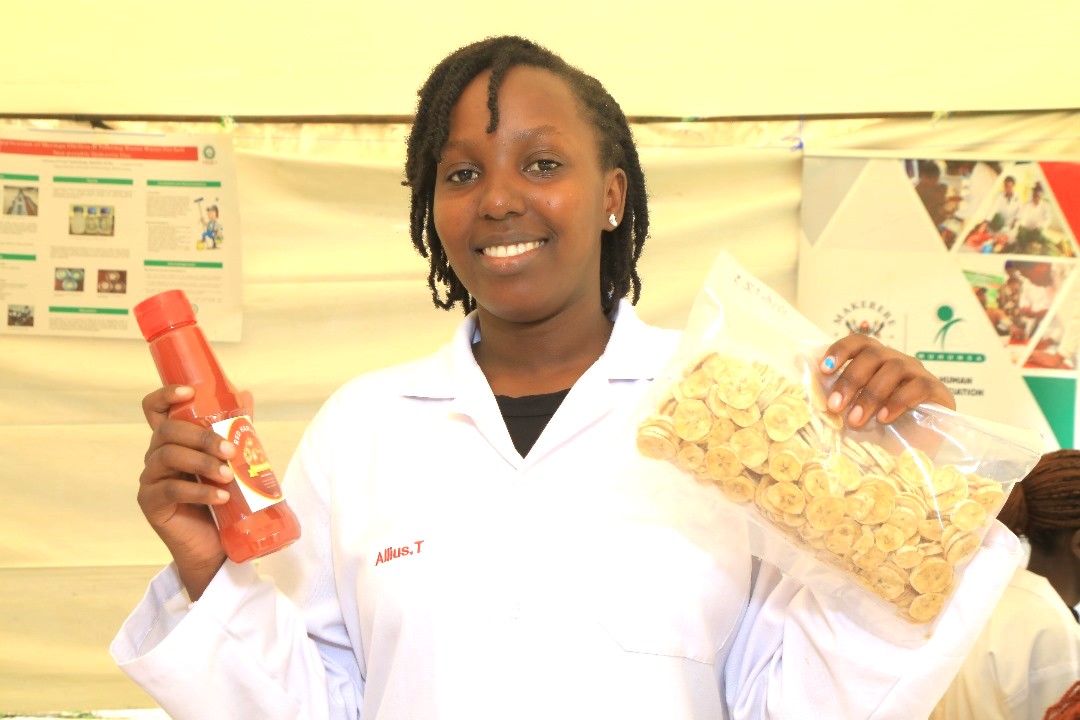
In his remarks, Prof. Ivan Muzira Mukisa, Head, Department of Food Technology and Nutrition, encouraged the students to envision their projects beyond the academic realm and focus on transforming them into viable commercial enterprises. “The future of agriculture lies in innovation. The students have demonstrated the potential to solve pressing challenges, create jobs, and build businesses. Their work shouldn’t end at the exhibition. It should continue into the market,” he said.
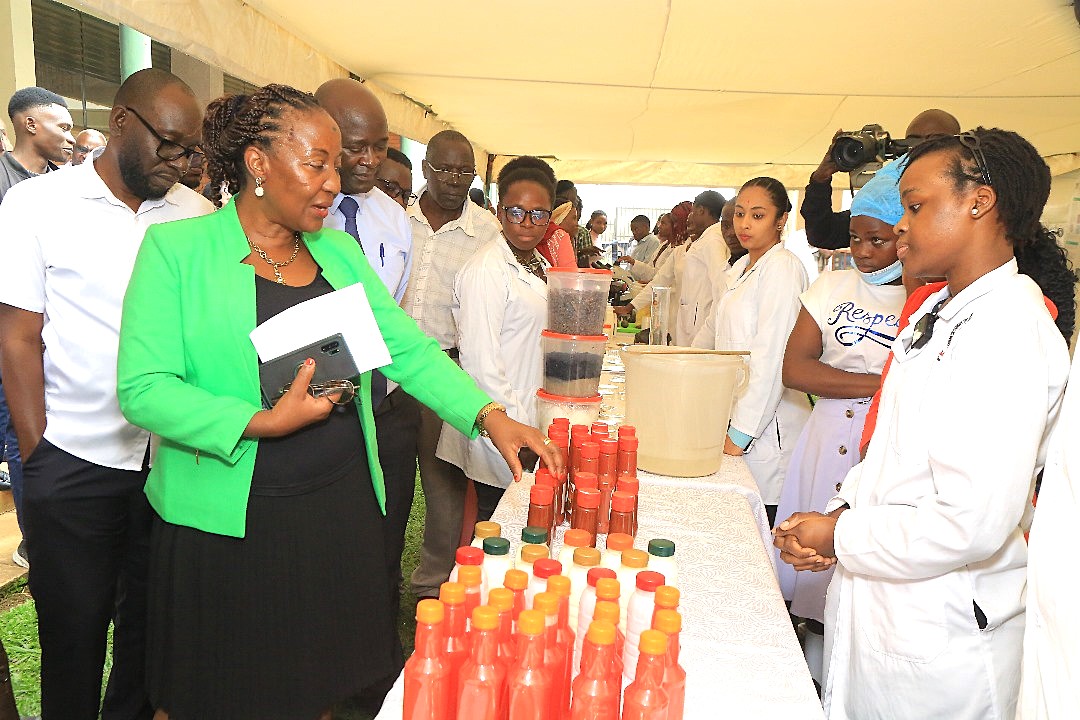
Dr. Stella Byakika, Coordinator of the recess programme, emphasized the importance of experiential learning in shaping Uganda’s next generation of agricultural leaders. “This programme goes beyond fulfilling academic requirements. It is a practical training platform where students apply their knowledge to real-world problems. We are preparing them not just to graduate, but to lead in transforming Uganda’s agricultural and agro-processing sectors,” she explained.
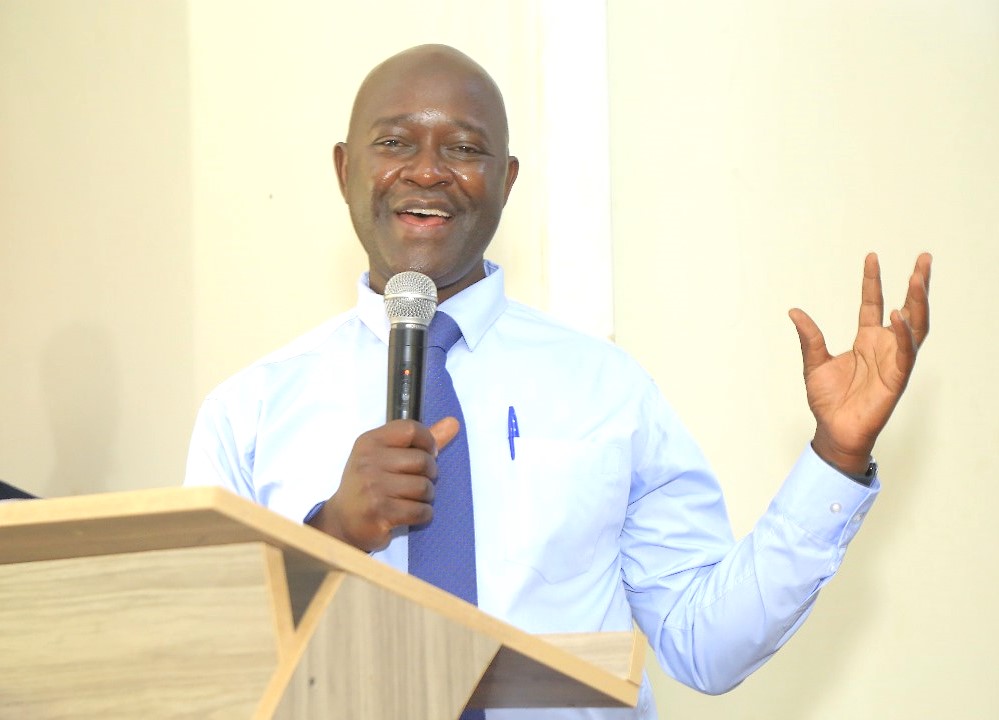
On behalf of her classmates, Ms. Ndegema Daphine, a Third Year student of Human Nutrition, expressed gratitude for the hands-on experience gained during their internship. “During the recess term, we had the opportunity to work directly with children suffering from severe acute malnutrition, including cases with edema and dermatosis. We participated in both inpatient and outpatient therapeutic care, which gave us a real-world perspective on the clinical management of these conditions. Unlike in the classroom, where we only study such cases theoretically, the internship allowed us to witness the treatment process and see patients recover first-hand. With guidance from our supervisors, we were able to conduct clinical assessments for malnutrition and edema, as well as evaluate dietary needs. We also put into practice what we had learned in our communication skills course by delivering nutrition education sessions, helping patients and caregivers understand the importance of proper nutrition in recovery and long-term health.”
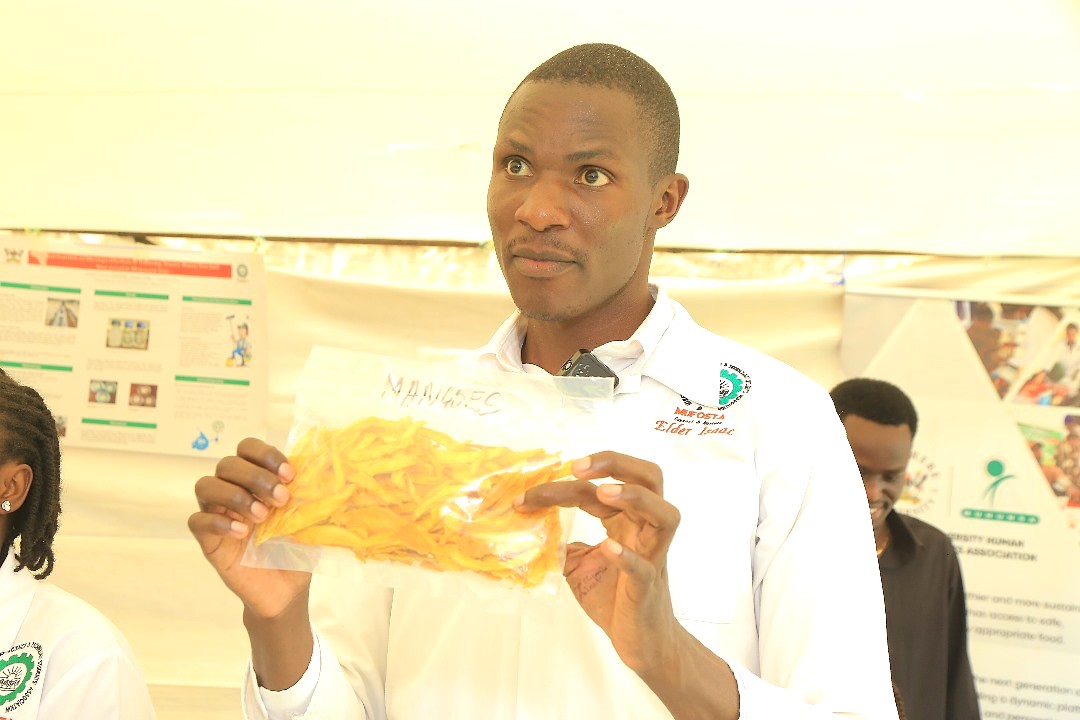
Delivering her remarks, the Dean of the School of Food Technology, Nutrition, and Biosystems Engineering (SFTNB), Dr Julia Kigozi appreciated the University and College Administration for their unwavering support towards students’ projects and academic endeavours. She commended the students for their creativity and commitment to excellence in their work. “Our goal is to nurture and produce well-rounded graduates who not only excel academically but also embody an entrepreneurial mind-set, a strong work ethic, a deep sense of social responsibility, and respect for authority. These values are essential as they prepare to make meaningful contributions to society and the broader global community.”
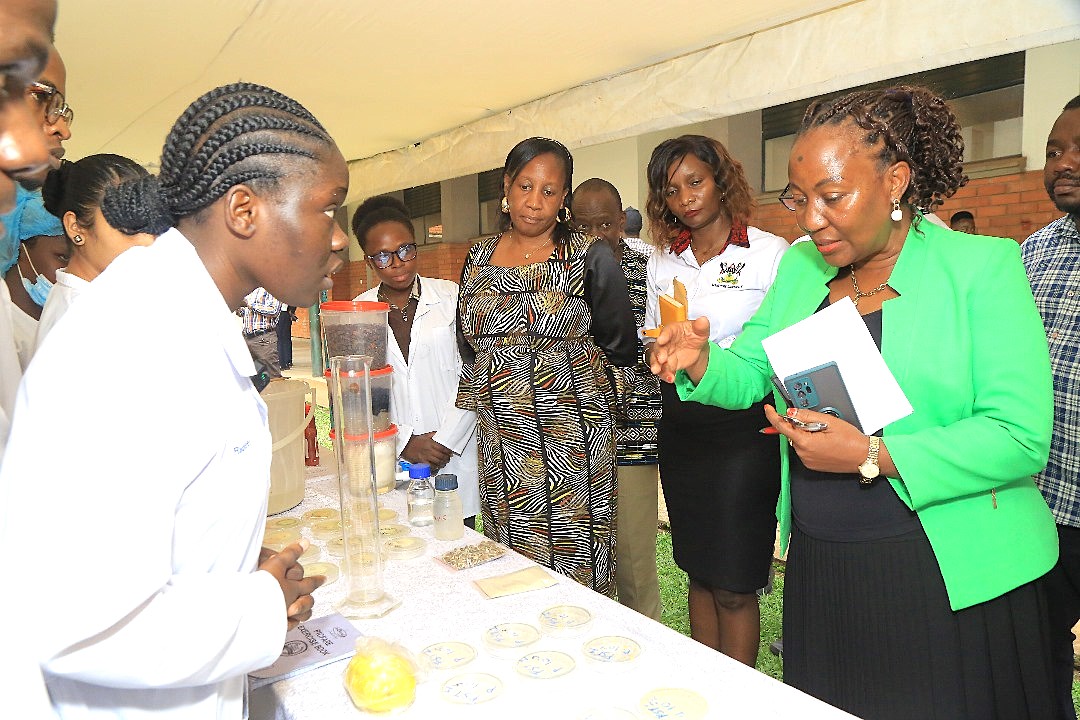
Held annually, the recess programme equips students with field experience through community-based projects, agribusiness development, and food innovation. The culminating exhibition serves as a platform for feedback, exposure, and networking with industry professionals.
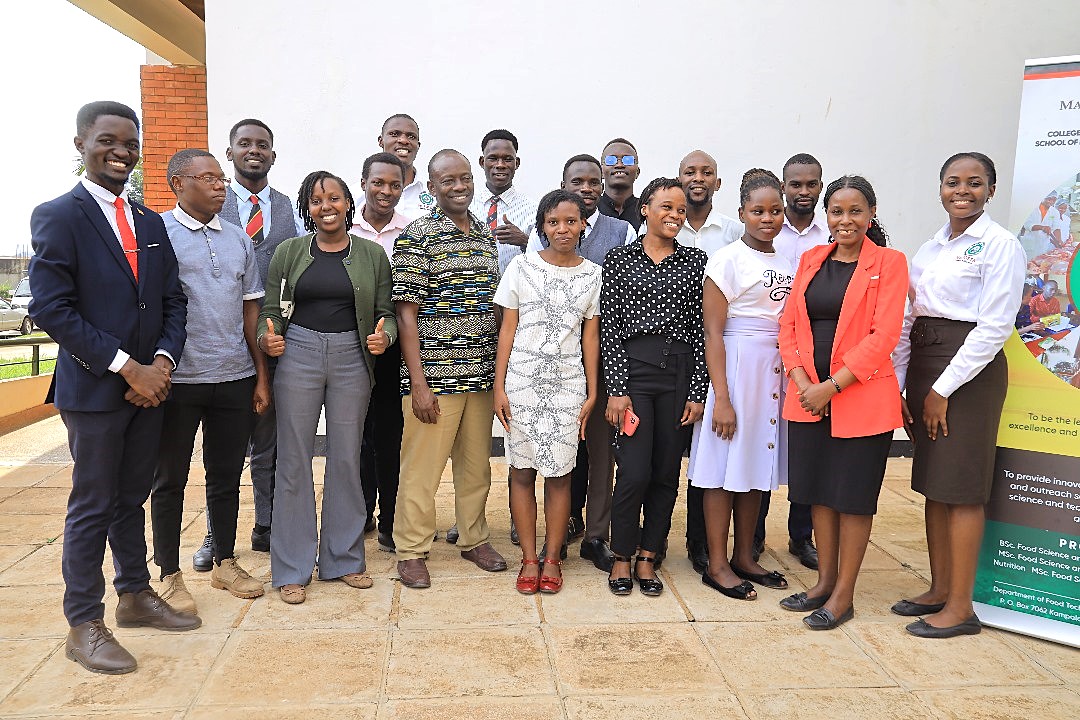
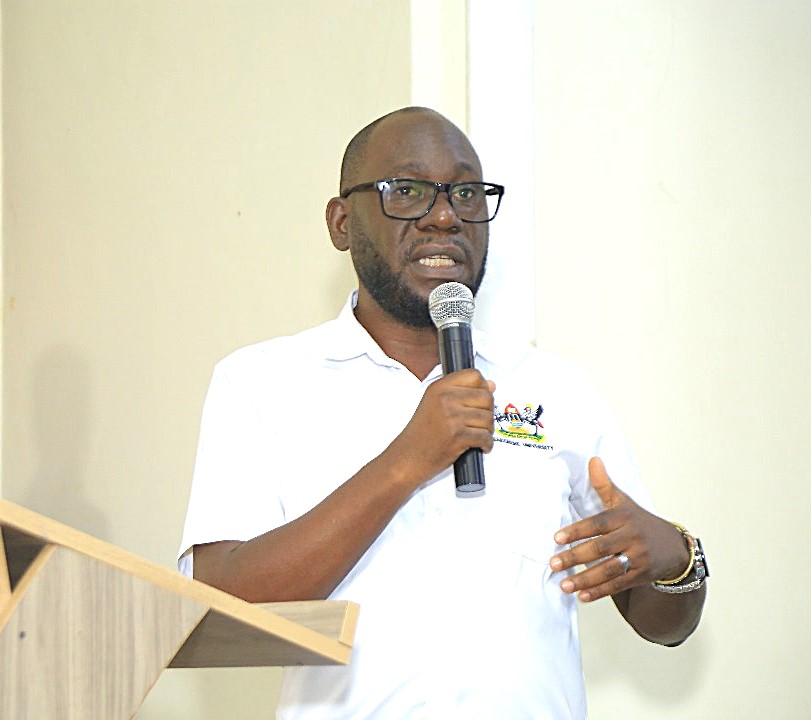
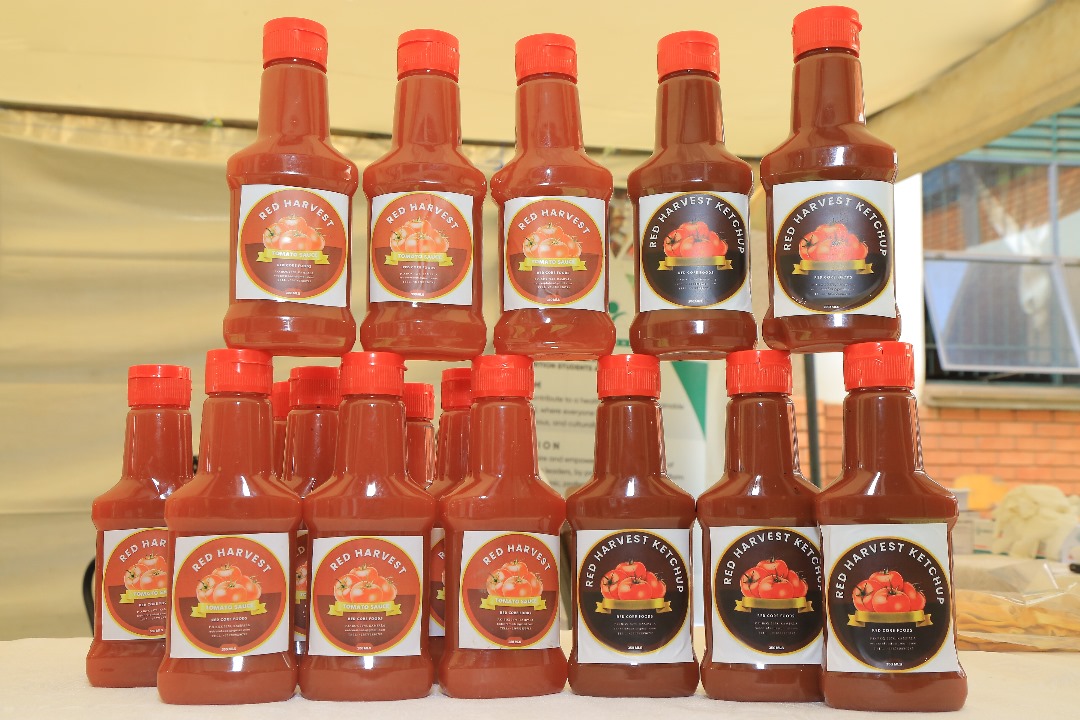
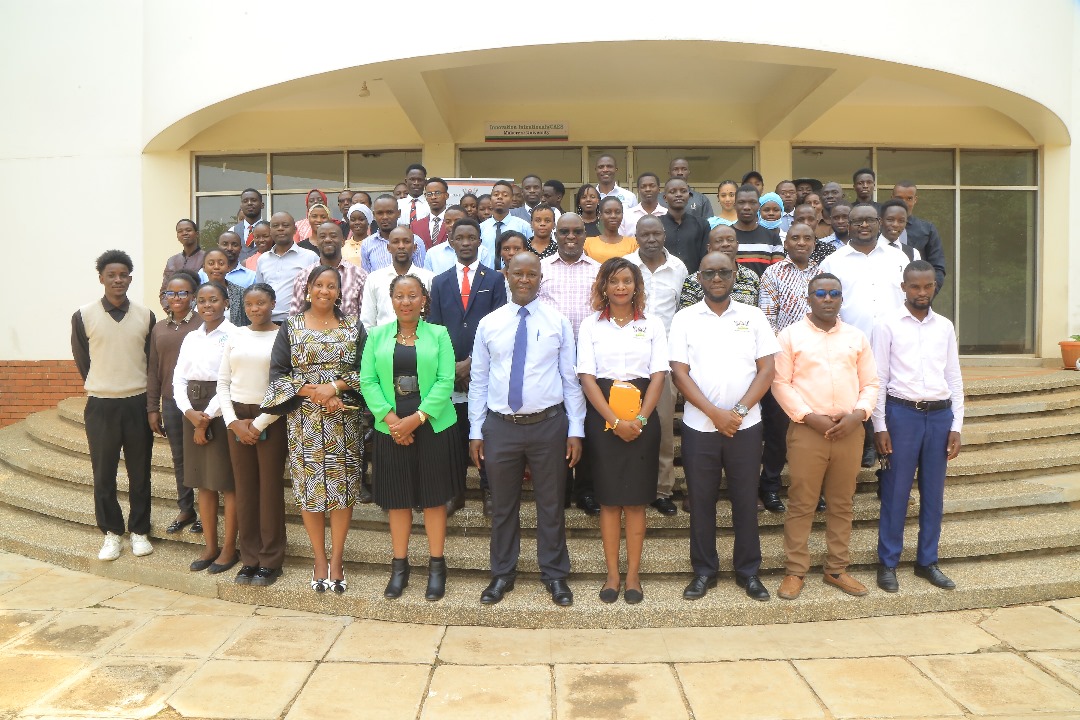
By Hasifa Kabejja & Buwule Joseph Mary

